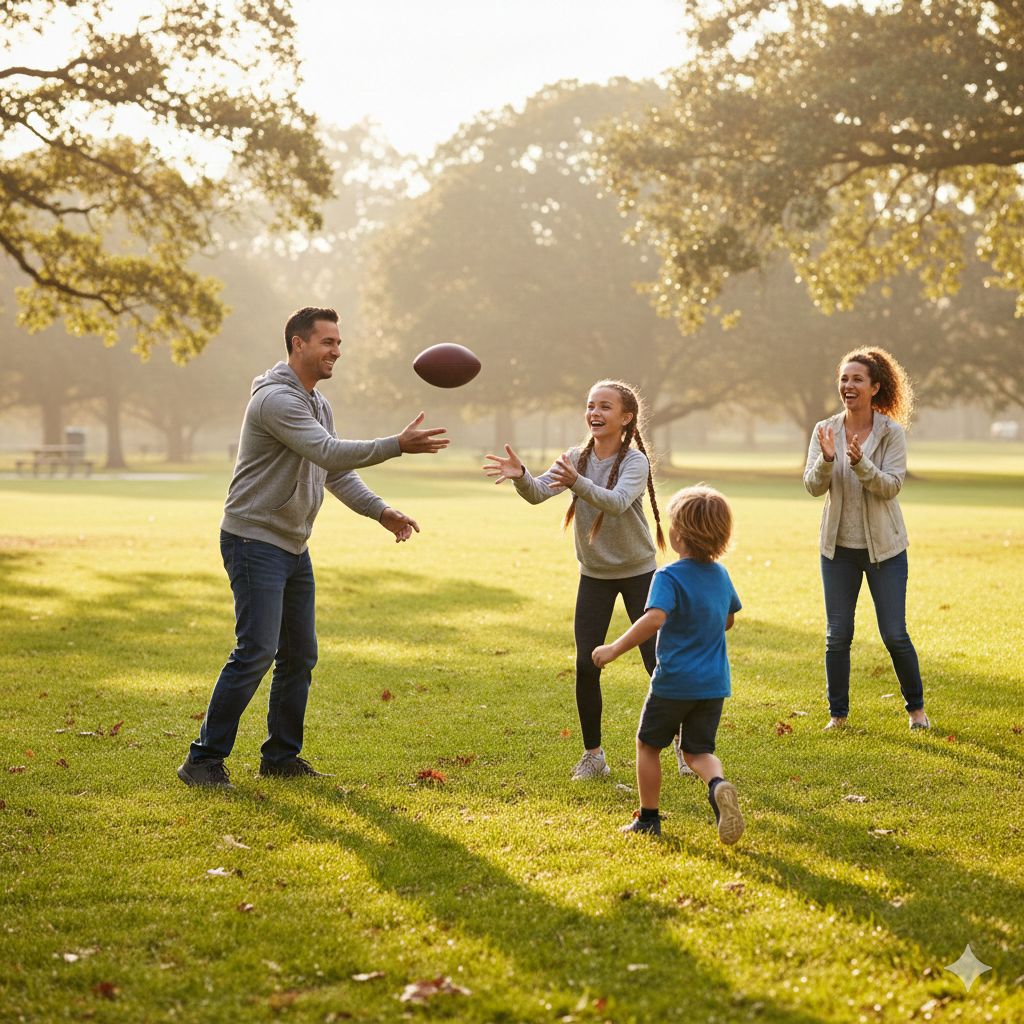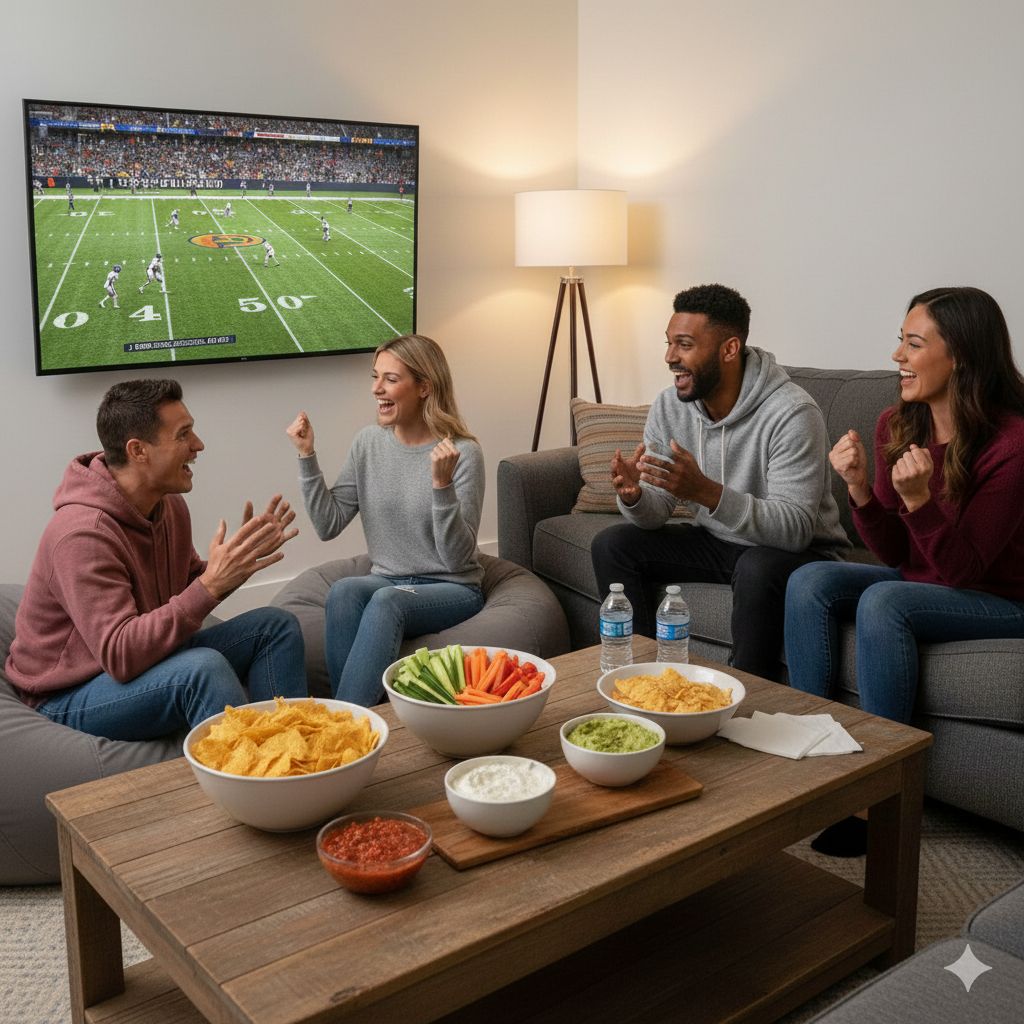In this article:
- Food cravings are common for high-calorie foods like fatty, sugary, and starchy foods. Eating too much of these foods can be unhealthy and get in the way of weight loss.
- Causes of food cravings can include physiological reasons like changes in hormone levels, as well as environmental and emotional triggers.
- Eating healthy, changing your environment, and finding other ways to manage emotions can help reduce the impact of cravings.
- Effects of GLP-1 medications may include reducing the strength of cravings so they’re easier to manage.
- It’s also important to eat well, stay physically active, get enough sleep, and manage stress.
- Lark can help you on your weight loss journey with GLP-1 medications as you manage side effects, get help taking your medications as prescribed, and establish healthy habits for lasting results.
Food cravings can be strong when you’re trying to lose weight. Sugary foods and beverages, salty snacks, and fatty fast foods can be tempting and lead to challenges in your weight loss journey. Patients on GLP-1 medications can have an even more complex relationship with food cravings. Here’s what you should know about the science of cravings, how GLP-1 medications may affect cravings, and tips for managing cravings in healthy ways.
What Are Food Cravings?
Food cravings are strong desires for certain foods or types of foods. They’re often high-calorie foods, such as the following.
- Sweets, such as candy, chocolate, and ice cream
- Sugar-sweetened beverages, such as lattes, mochas, and hot chocolate
- Salty snack foods, such as chips and crackers
- Starchy foods, such as potatoes, bread, and pasta
- Fatty foods, such as cheese, deli meats, pizza, and burgers
Eating too much of these foods can interfere with weight loss because they’re high in calories and not very filling. A pint of ice cream can have 1000 calories. A “personal” pizza can have 700 calories. A bowl of macaroni and cheese can have 600 calories.
People who are trying to lose weight or manage weight may find it challenging to manage cravings because they can be strong. It can help to understand the science behind them, how GLP-1 medications may affect them, and some simple strategies for managing them.
Science of Food Cravings
Physiological factors affecting food cravings include hormones and neurotransmitters.
- Ghrelin is a hunger hormone. Higher levels of ghrelin tell your brain that you’re hungry. After a meal, ghrelin levels decrease. Altered levels of ghrelin can lead to increased cravings and drive to eat.
- Leptin is a hormone that helps you feel satisfied. Weight gain can reduce the effects of leptin. That can make it more difficult to feel satisfied when you eat.
- Dopamine is a neurotransmitter in the brain. It can signal that you’re happy or rewarded. Eating sugary, fatty, and salty foods often can lead your brain to respond to dopamine when you eat these foods.
There are other factors behind food cravings. Your environment can trigger cravings. These are some examples.
- Walking into a mall food court and smelling freshly baked pastries can trigger cravings for cinnamon rolls.
- Driving past a hamburger restaurant can trigger cravings for a burger and fries.
- Television commercials may lead you to want sugary cereal, pizza, or chocolate.
You might get cravings when you’re in certain locations that bring up food memories, like being at the beach and noticing that you want a lemonade if you used to get lemonade at the beach when you were a child.
Psychological factors can also contribute to food cravings. You might know this as stress eating or emotional eating. Having strong feelings can make you reach for a pint of ice cream. Boredom may lead you to the kitchen where you may snack on cookies from the pantry.
GLP-1 Medications and Food Cravings
Recently, the Food and Drug Administration (FDA) has approved some GLP-1 (glucagon-like peptide-1) for weight loss. They include Zepbound® (tirzepatide), Saxenda® (liraglutide), and Wegovy® (semaglutide). For decades, lower doses of types of medications have been used to manage blood sugar in diabetes. Now, medical experts believe that their benefits appear to outweigh their risks when it comes to weight loss in overweight patients.
Causes of obesity are complicated, and GLP-1 medications may be effective because they have multiple effects.
- They act on receptors in the brain to increase feelings of fullness. This can help you feel more full after eating less, which can lead to lower food intake. This may also come into play when talking about cravings; if you’re able to feel satisfied on half a pint instead of a pint of ice cream, for example, that could save 500 calories.
- They may change reward centers and how dopamine acts in the brain, leading to less of a reward for sugary and fatty foods while making healthier foods seem more appealing. If you could swap a 3-ounce bag of tortilla chips, for example, for a cup of baby carrots with 2 tablespoons of hummus, you’d save over 300 calories.
- They help regulate blood sugar levels, leading to less of a roller coaster of spikes and dips. Avoiding spikes helps reduce complications of diabetes, but preventing dips helps prevent excessive hunger and a drive for sugary and starchy foods. Instead of reaching desperately for the nearest candy bar mid-afternoon, for example, you might be able to calmly serve yourself an apple or a hard-boiled egg.
These effects of GLP-1 medications can help with managing hunger and cravings, and they may make weight loss easier.
Tips for Managing Food Cravings on GLP-1 Medications
You can make lifestyle changes to support the effects of GLP-1 medications on weight loss. Your choices can affect your chances of having side effects from your medications, as well as impact your weight loss. Your choices can also affect cravings and how they affect you. These are some strategies for managing food cravings.
Eat well.

Ask your healthcare provider or a nutritionist for guidelines on what to eat if you don’t already have a meal plan. Here are some typical guidelines for losing weight while on GLP-1 medications.
- Enjoy balanced meals and snacks
- Focus on nutrients like fiber and protein
- Select low-fat foods
- Keep portions small
- Stay hydrated
Physical activity

Physical activity can lower food cravings. Higher-intensity physical activity has a greater impact. Examples of high-intensity physical activity include jogging, fast bike riding, and lap swimming. Start with a lower-intensity activity if you're not used to higher-intensity choices, and work with your healthcare provider to make sure you're progressing safely.
Get Adequate Sleep

Sleep has important effects on cravings. Getting enough sleep helps normalize levels of ghrelin, leptin, cholecystokinin (CCK), and GLP-1. It can also help you feel more energetic, and it improves blood sugar regulation. That way, you're less likely to have blood sugar highs and lows, and cravings may be less frequent or intense. When you're well rested, you're better able to make good decisions about cravings, too.
Manage Stress

Chronic stress can increase levels of stress hormones like cortisol. High levels of these hormones can promote fat storage in your body and increase your drive to consume high-calorie foods. Try stress management techniques like deep breathing, meditation, socializing, and being active.
How Lark Can Help
Food cravings can affect progress toward your goals while you’re on GLP-1 medications, but you can take steps to reduce their impact. Lark can help with personalized coaching for weight loss and side effect management. Your Lark coach is available 24/7 for food logging and feedback, support taking your medications, and coaching around supportive behaviors like managing stress and being physically active.
Click here to see if you may be eligible to join Lark today!



.jpg)








.webp)







